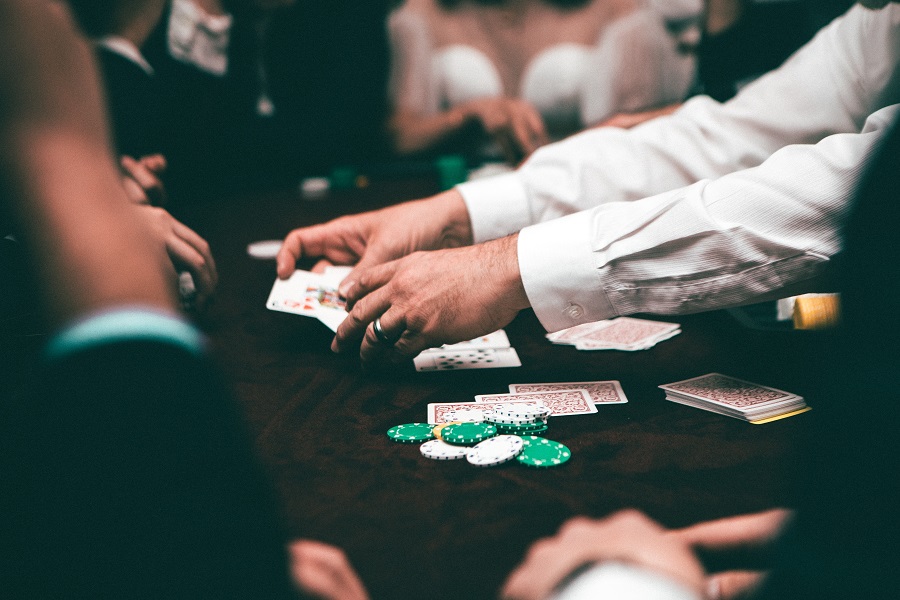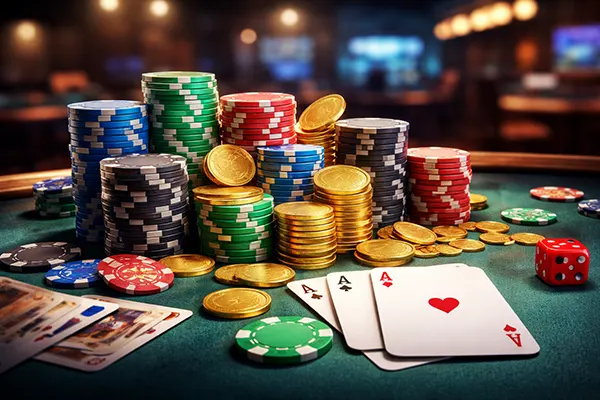
Mastering the Mind: How Emotional Behavior Elevates Your Poker Game
At first glance, poker might seem like a game of luck and strategy. However, delve deeper, and it’s evident that emotional behavior and psychological understanding play pivotal roles in shaping a player’s success. In this exploration, we unravel how mastering one’s emotions and reading others’ emotional cues can significantly impact the poker table dynamics.
The Role of Emotions in Poker
Understanding and managing emotions is vital, not just in life but also in the world of poker. It’s the invisible layer of strategy that, when utilized correctly, can transform a game.
Self-awareness and Emotional Control
Players often face high-pressure situations that test their emotional resilience. Recognizing personal emotional triggers and learning to navigate them without displaying visible cues can give a player a significant advantage.
Emotional Intelligence in Reads
The ability to read opponents is invaluable. Tuning into subtle emotional hints from adversaries can reveal their strategy or state of mind, allowing for more informed decision-making.
Psychological Tactics in Play
Integrating psychological understanding into your poker game can be the difference between a win and a loss.
The Art of Bluffing
Bluffing isn’t merely about keeping a straight face. It’s about understanding human behavior, predicting reactions, and using emotions as a deceptive tool. This requires a deep understanding of emotional cues and patterns.
Mental Endurance
Long poker games can be mentally exhausting. Cultivating emotional stamina helps players remain focused and sharp, reducing the likelihood of making mistakes as fatigue sets in.
Reading Opponents Effectively
While mastering one’s emotions is crucial, the ability to read and interpret others’ emotional states is equally vital.
Spotting Inconsistencies
Every player has a ‘tell’ — subtle, often subconscious behaviors that reveal their hand or strategy. Recognizing these inconsistencies in behavior can offer invaluable insights into an opponent’s game plan.
Empathy in Strategy
Putting oneself in an opponent’s shoes, understanding their emotions, fears, and potential decisions can significantly aid in predicting their next moves, thus enhancing one’s strategic play.

Emotional Resilience in Losses
Losses are inevitable in poker. However, it’s the player’s reaction to these losses that determines their future success.
Growth from Failure
Using losses as learning experiences rather than emotional setbacks can cultivate a growth mindset. This approach helps players refine their strategies and come back stronger in subsequent games.
Embracing Emotional Behavior for Success
To harness the full power of emotions in poker, players must embrace emotional behavior as a key component of their strategy.
The Learning Curve
Mastering emotions is a journey, not a destination. Continuous self-reflection, understanding, and adaptation are necessary to stay ahead in the evolving game of poker.



